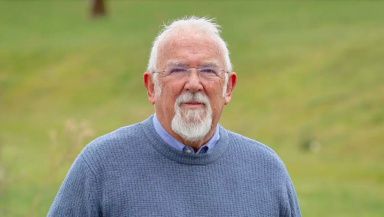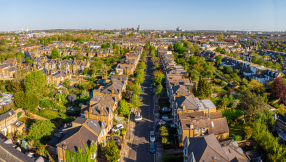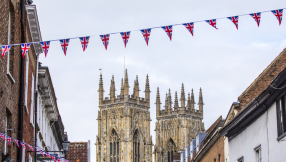
A retired pastor who was cautioned and later prosecuted for allegedly breaching an abortion buffer zone one in Northern Ireland has pleaded not guilty and challenged the case against him.
Clive Johnston was cautioned after delivering an outdoor sermon to a small group of people in an abortion buffer zone near Causeway Hospital, Coleraine, on 7 July 2024. The sermon was based on John 3:16 and did not mention or discuss abortion in any way.
Johnston is accused of “intentionally influencing a protected person, or being reckless as to whether his actions had that effect”.
Johnston’s leading defence barrister, Aaron Thompson, told the court that the case may raise human rights and devolution issues that “may require satellite litigation to resolve”.
Thompson said the cases represents “a tension between the buffer zone legislation and Mr Johnston’s freedom of conscience and religious expression as enshrined in Article 9 of the European Convention on Human Rights”.
Johnston is instructing John Larkin KC, Northern Ireland’s former Attorney General, and that Johnston may seek an intervention from the High Court in the case.
Larkin has been tasked with determining if buffer zones legislation effectively prohibits public acts of worship within the designated zones and if they do, whether this would represent a breach of human rights law.
Johnston is also being supported by The Christian Institute, whose Deputy Director, Simon Calvert accused the police of being “religiously illiterate” after mistaking a worship service for a protest.
Calvert said, “Should a law designed to stop abortion protests be used to criminalise gospel preaching? … It’s just not reasonable or rational to suggest preaching the Gospel, with no reference to abortion, is a protest against abortion."
Continuing, Calvert described the circumstances of the service, “This was an open-air service with about a dozen people in attendance, on a patch of grass, separated from Causeway Hospital by a dual carriageway with Clive leading the singing of well-known hymns on a ukalele.”
He added, “There is a vital principle at stake. If the Gospel can be banned in this public place, where else can it be banned?”













